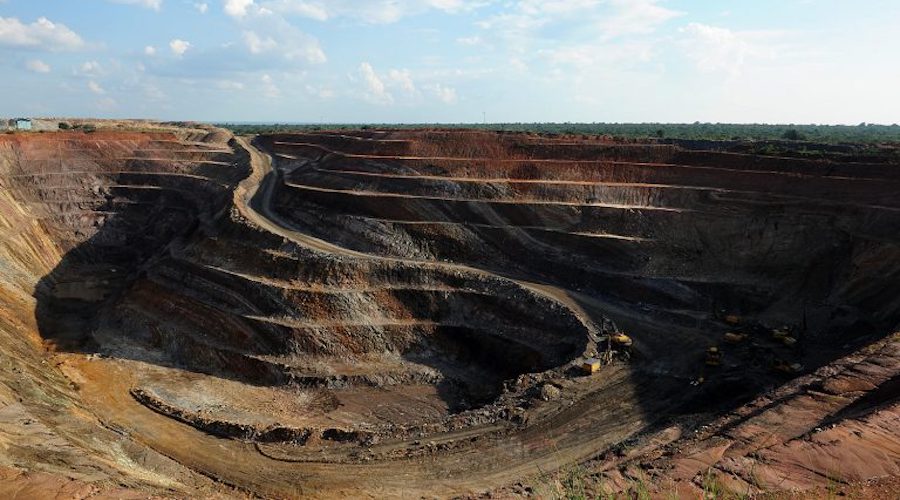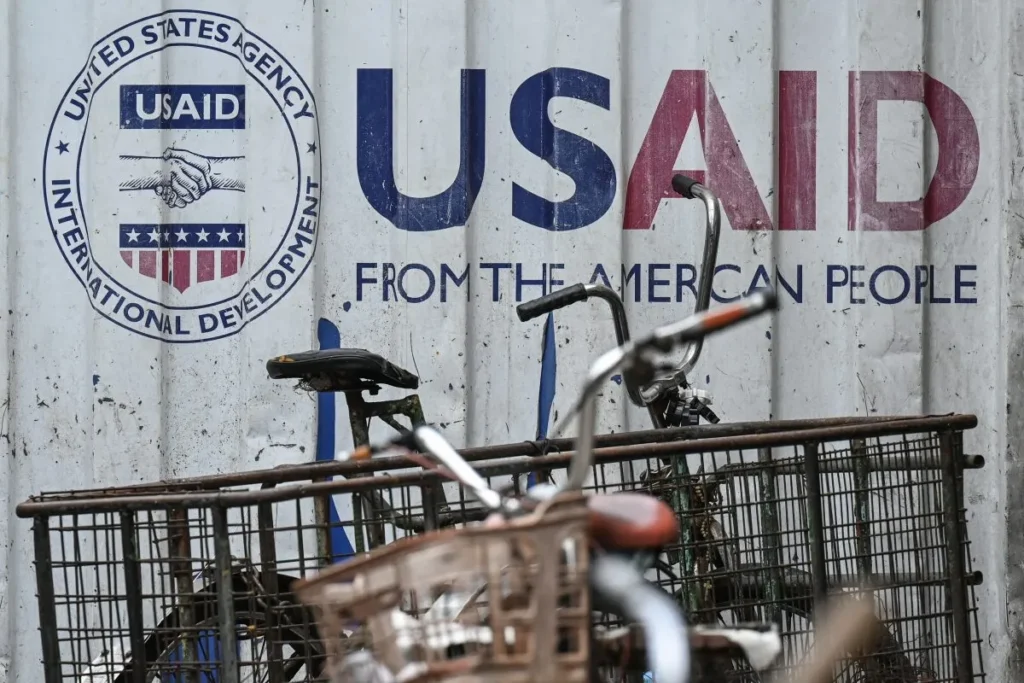
The African Development Bank adjusted its 2023 and 2024 macroeconomic forecast for Africa, citing challenges like COVID-19, geopolitical tensions, and climate shocks.
The revised figures lowered growth projections from 4.0% to 3.4% in 2023 and from 4.3% to 3.8% in 2024.
Long-term effects of COVID-19, geopolitical tensions, climate shocks, and fiscal constraints hinder Africa’s recovery.
Published on November 29, the update highlights persistent inflation in Africa, projected at 18.5% and 17.1% for 2023 and 2024.
Prof. Kevin Urama, the Bank’s Chief Economist, emphasizes the need for support amid global economic challenges.
The report urges short-term restrictive monetary policies and long-term investment in human capital and infrastructure for economic diversification.
Inflation rates, accelerated from projections, result from supply shocks, weaker currencies, high commodity prices, and fiscal dominance.
Elevated living costs reduce purchasing power, increasing the risk of poverty.
Global economic slowdown affects Africa’s exports, with slow growth in China impacting commodity-dependent countries.
Coordinated monetary and fiscal policies are vital to counter shocks and rebuild buffers, the report advises.
Structural investments to address supply constraints and boost productivity are recommended for sustainable growth.
Removing obstacles to domestic supply response and increasing labor productivity can reduce inflationary pressures.
Addressing funding squeeze requires tackling impediments to domestic resource mobilization.
The report concludes that coordinated policies and targeted investments are crucial to navigate the complex economic landscape.
Africa’s Macroeconomic Performance and Outlook report complements the annual African Economic Outlook, providing insights into evolving conditions amid unprecedented shocks.




